Top Immersive First-Person Open World RPGs That Redefine Gaming in 2025
Experience immersive first-person RPGs with rich storytelling, intense environments, and unparalleled sensory depth in captivating worlds like Borderlands 2, STALKER 2, and Deus Ex.
While third-person perspectives dominate open-world gaming, nothing matches the visceral immersion of first-person RPGs. These titles transport players directly into meticulously crafted universes where every environmental detail and character interaction feels intensely personal. By combining rich role-playing mechanics with unprecedented sensory depth, they create unforgettable journeys through dystopian futures, post-apocalyptic wastelands, and historically authentic realms. The following curated selection showcases titles that exemplify this powerful synergy, each offering distinct approaches to world-building and player agency.
🔫 8. Borderlands 2: Chaotic Looter-Shooter Paradise
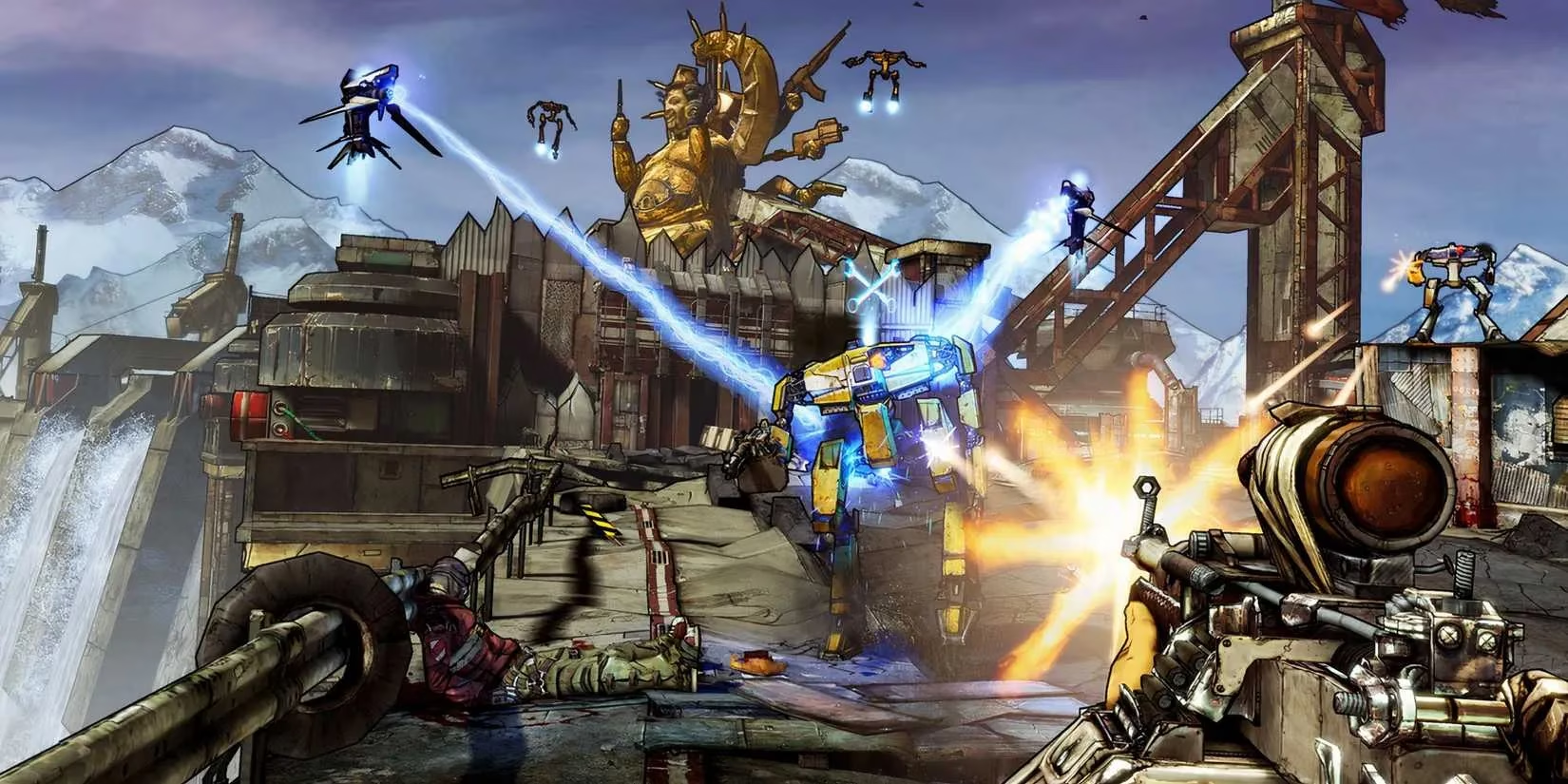
Though primarily recognized as a looter-shooter, Borderlands 2 incorporates substantial RPG DNA through character specialization trees and gear-based progression systems. Pandora's cel-shaded wasteland becomes exponentially more engaging when experienced alongside friends - the cooperative chaos transforms repetitive missions into unpredictable playgrounds of explosive improvisation. The game's true brilliance emerges during those marathon sessions where hours dissolve amid raining legendary weapons and escalating enemy encounters.
People Also Ask: Can Borderlands 2 be enjoyed solo?
While technically possible, the experience notably diminishes without companions to amplify the anarchic energy and tactical variety.
☢️ 7. STALKER 2: Heart of Chornobyl: Brutal Atmospheric Survival
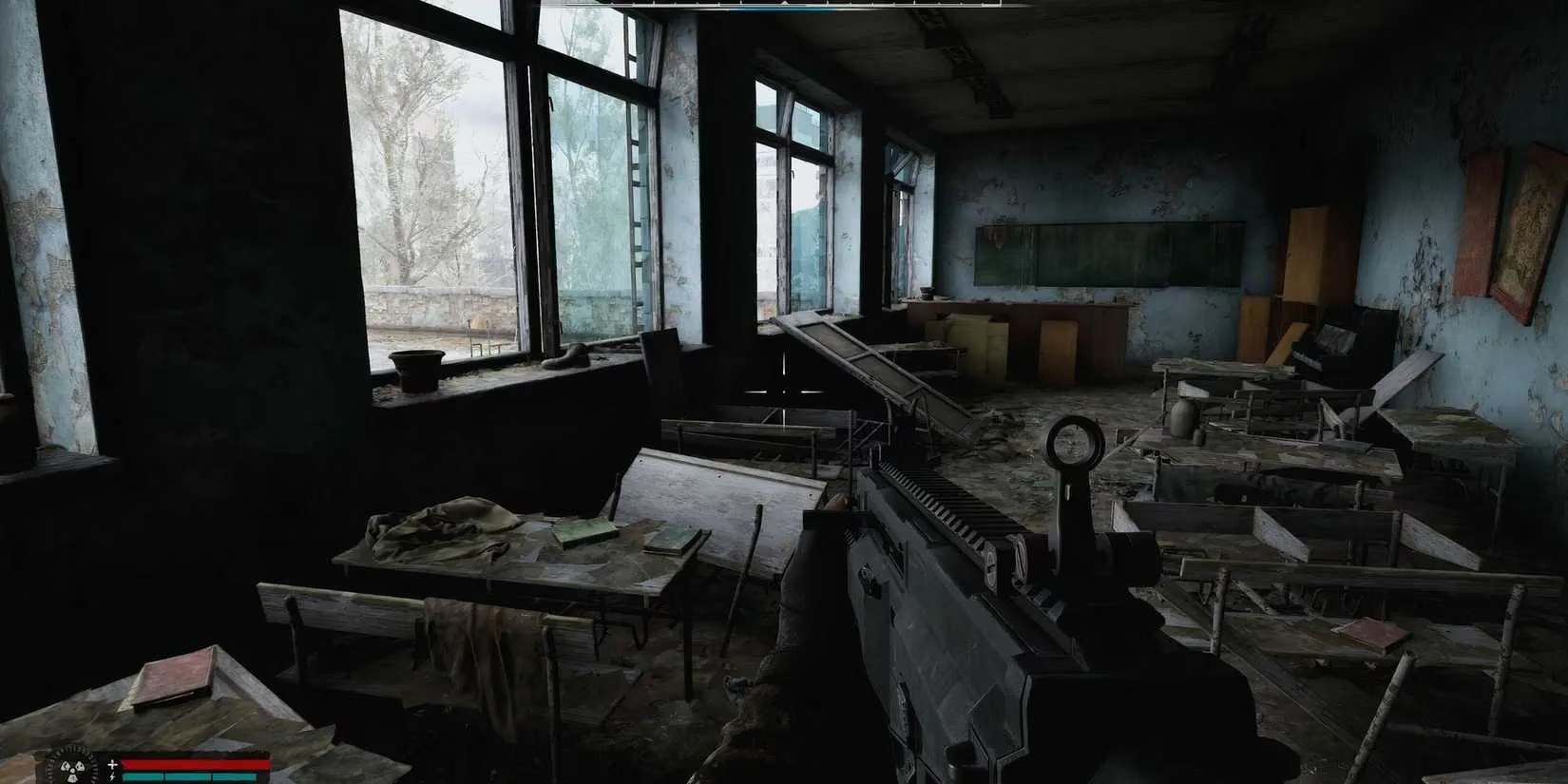
Set in the haunting Exclusion Zone, STALKER 2 masterfully blends survival-horror tension with emergent storytelling. Players navigate irradiated landscapes where environmental storytelling permeates crumbling Soviet architecture and mutated ecosystems. The game earns its RPG credentials through branching narratives shaped by faction alliances and moral choices, all while maintaining relentless danger where complacency guarantees death. This isn't merely exploration - it's anthropological excavation of a world scarred by catastrophe.
⚙️ 6. Deus Ex: Mankind Divided: Cybernetic Conspiracy Thriller
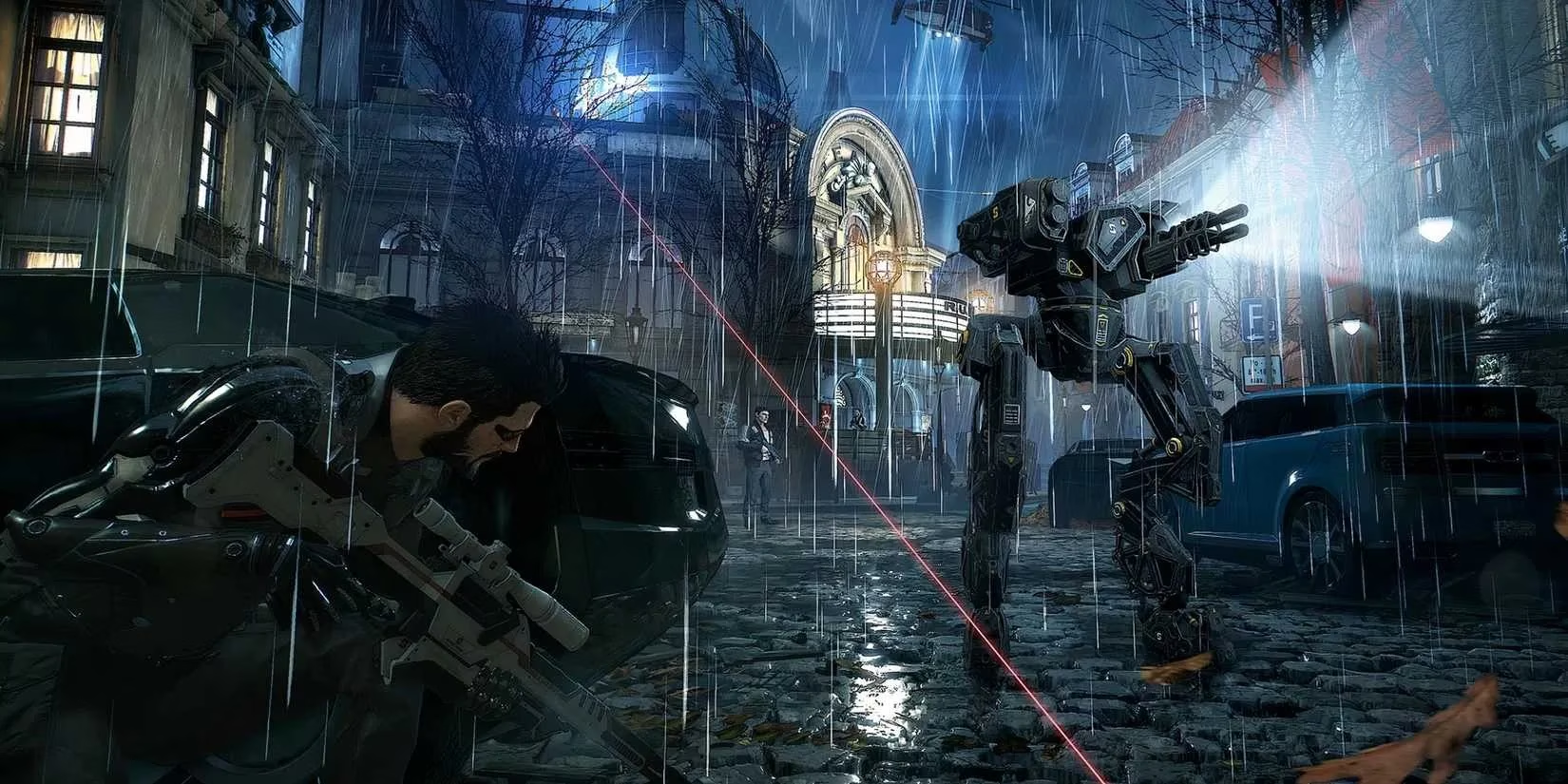
Prague's vertically layered districts showcase how environmental density trumps map scale. As augmented sleuth Adam Jensen, players dissect societal tensions between naturals and the mechanically enhanced through multifaceted missions permitting combat, stealth, or diplomatic resolutions. The genius lies in how ventilation shafts, hacker terminals, and improvised pathways create playgrounds rewarding curiosity - where discovering a hidden weapon schematic or corporate secret can fundamentally alter subsequent playthroughs.
People Also Ask: What makes Deus Ex's approach to open-world design unique?
Its commitment to systemic depth ensures every building interior and city block contains interconnected opportunities rather than filler content.
🏰 5. The Elder Scrolls IV: Oblivion Remastered: Fantasy Reborn

Returning to Cyrodiil via this visually revitalized edition feels like rediscovering gaming's foundational DNA. Beyond nostalgia, the remaster highlights how the 2006 original pioneered environmental interactivity and organic questing years before industry standardization. The mythical forests, intricate guild questlines, and spellcrafting systems retain remarkable vitality when viewed through modern graphical enhancements - proving that true RPG innovation remains timeless.
🌆 4. Cyberpunk 2077: Neon-Drenched Future Noir
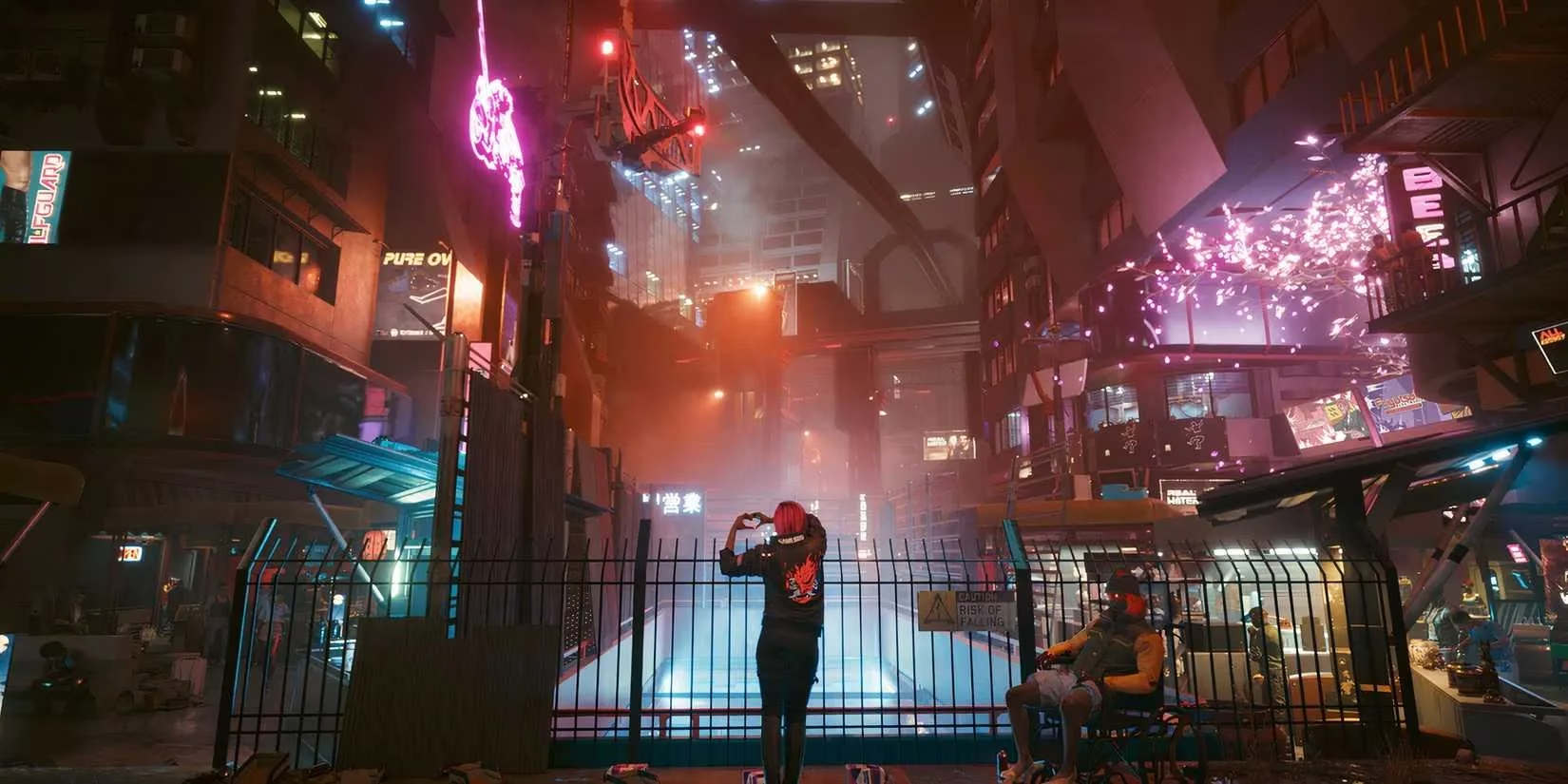
Night City's towering megastructures and rain-slicked alleyways achieve unprecedented verisimilitude in first-person. The perspective intensifies corporate espionage missions, intimate character moments, and visceral cyberware implementation - experiencing mantis blades erupt from your own arms fundamentally changes combat engagement. While initially controversial for lacking third-person options, the design choice now stands validated as essential to the game's psychological intensity and environmental storytelling.
⚡ 3. Fallout: New Vegas: Unmatched Narrative Freedom

Obsidian's masterpiece demonstrates how reactive storytelling transforms desolation into compelling drama. The Mojave wastes teem with morally ambiguous factions, darkly humorous encounters, and consequences rippling from minor thefts to major alliance shifts. Traveling with companions like Boone or Veronica while tuning into Radio New Vegas creates poignant contrast between desolation and human connection. It's a testament to enduring design that, despite technical limitations, players still discover new narrative permutations years later.
People Also Ask: Why does New Vegas remain influential?
Its commitment to genuine role-playing - where player choices permanently alter political landscapes and character relationships - remains industry benchmark.
🤠 2. Red Dead Redemption 2: Cinematic Frontier Immersion

Switching to first-person transforms Arthur Morgan's journey into an intimate frontier simulator. The perspective magnifies environmental details - snowflakes collecting on gun barrels, campfire embers floating in night air, and the heart-pounding disorientation of drunken escapades. Crucially, it amplifies tactical tension during shootouts and interior clearances where peripheral vision limitations authentically replicate combat stress. This optional viewpoint showcases how camera mechanics can profoundly reshape established gameplay.
⚔️ 1. Kingdom Come: Deliverance 2: Medieval Authenticity Masterpiece
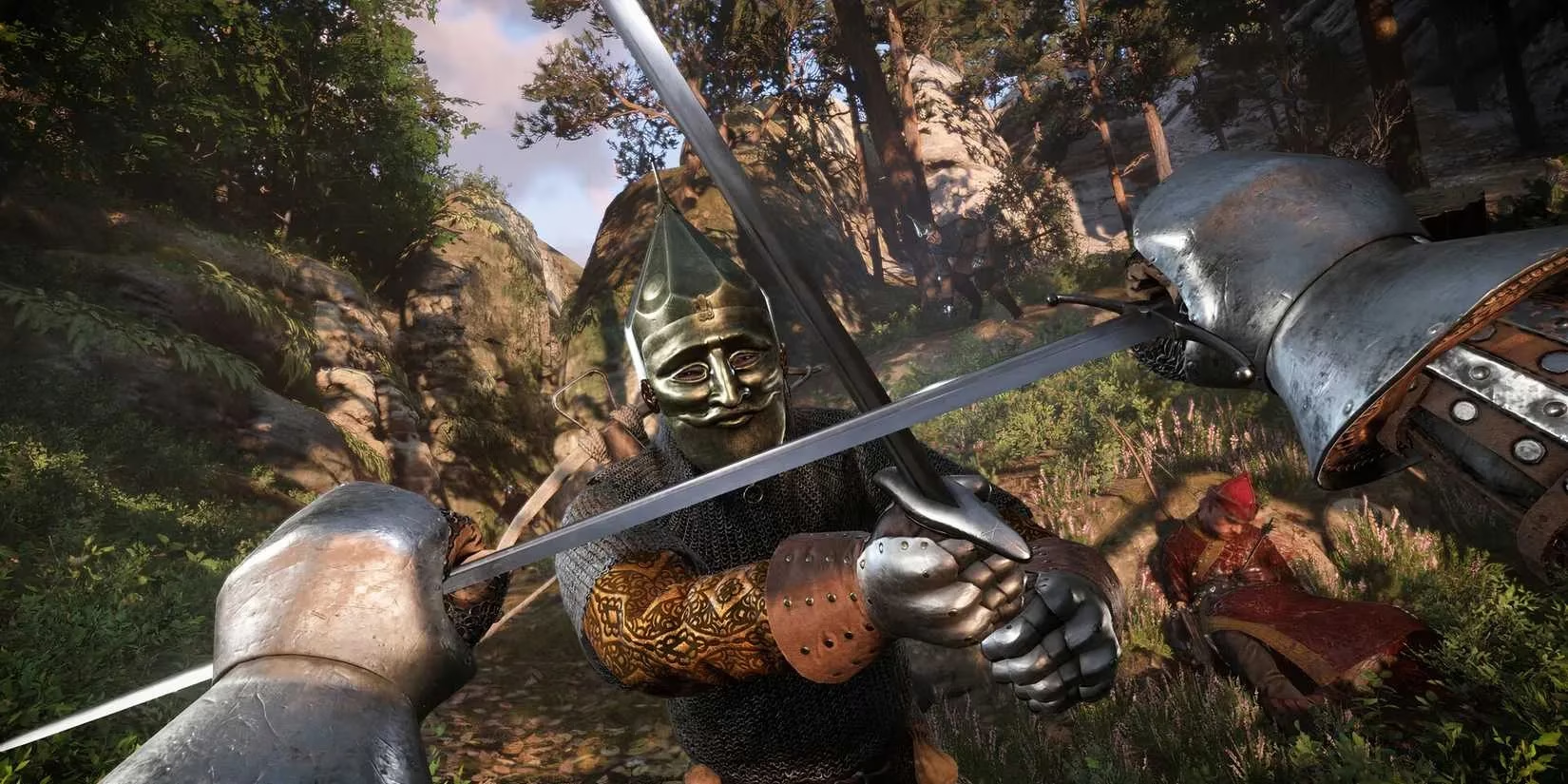
Representing the pinnacle of first-person RPG design, this sequel elevates historical simulation through astonishing systemic depth. Players inhabit Henry's battered armor with unparalleled physicality - sword swings follow realistic momentum, lockpicking requires genuine manual dexterity, and social standing visibly affects NPC behavior. The game's genius manifests in consequences: neglected armor maintenance causes rust degradation, skipped meals impair combat performance, and ill-considered thefts trigger relentless guard investigations. More than any title, it demonstrates how perspective influences behavioral authenticity in virtual worlds.
People Also Ask: What sets Kingdom Come 2 apart from fantasy RPGs?
Its uncompromising commitment to historical accuracy creates uniquely grounded challenges where mastering mundane skills like reading or herb identification proves as vital as combat prowess.
These groundbreaking titles collectively demonstrate how first-person perspective deepens environmental connection and personal stakes. While technological capabilities will inevitably advance, the core achievement remains unchanged: transforming players from spectators into embodied participants within living, breathing worlds. The true legacy lies in how these experiences linger in memory long after controllers are set down - not as completed objectives, but as lived adventures.